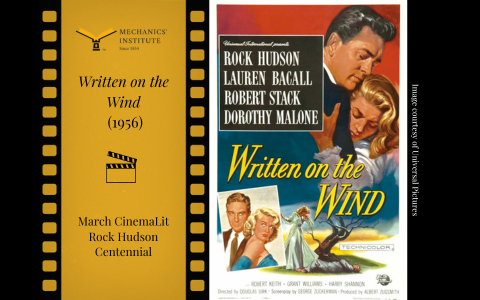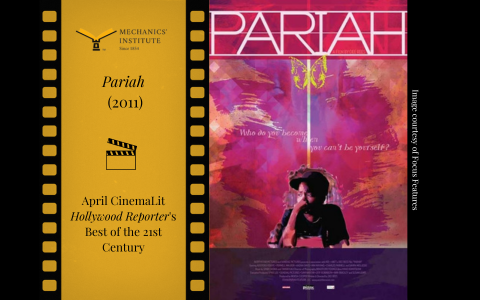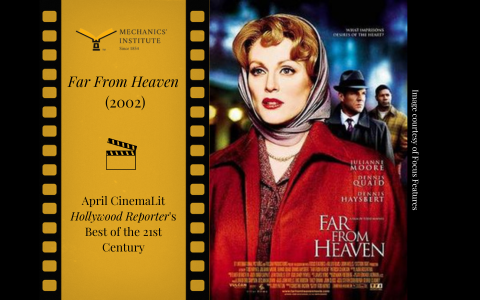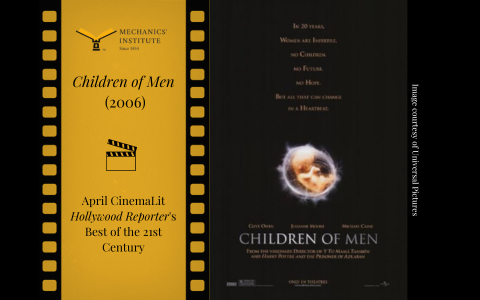
February 28 - Broken Arrow (1950), 93 minutes, directed by Delmer Daves, starring James Stewart, Jeff Chandler, and Deborah Paget.
Broken Arrow is superficially a mid-century Technicolor Saturday matinee double bill entertainment. Certain elements mirror the limited and stereotypical portrayals of Indigenous Americans on film at the time, particularly in lead casting. White 16 year old Deborah Paget plays an Indian maiden in love with 42 year old James Stewart, while Jewish New Yorker Jeff Chandler dons redface as an Apache chief. But from its first scene, Broken Arrow portrays the plight and violence experienced by Native Americans in a manner relatively unseen prior to its release. It belongs to a spate of socially conscious postwar films produced by Twentieth Century-Fox. The studio hired respected Native American educator and folklorist Rosebud Yellow Rose to promote the film on a national tour, while Broken Arrow is now seen as the progenitor of revisionist westerns Little Big Man, The Outlaw Josey Wales, and Dances With Wolves, among others.
February 2025 CinemaLit - Race and Intolerance in American Classic Films
Common knowledge says Hollywood’s history of race is appalling. For decades, stardom was limited to white actors, while actors of color were consigned to supporting roles as butlers, maids, chauffeurs, and nannies. Even films inviting expanded casting, such as The Good Earth (1937) and Dragon Seed (1944), resorted to name actors in yellowface. Mickey Rooney as Mr. Yunioshi in Breakfast at Tiffany’s (1961) badly scars the movie. Birth of a Nation (1914) glorifies the Ku Klux Klan. The list goes on and on. Many a classic film, Gone with the Wind (1939) most famously, are marred by stereotypes that read poorly with today’s audiences.
Within this legacy are a handful of films that offered a vision beyond cinematic racist shorthand. While not all of the films completely escape the entrenched prejudices of their day, they allowed for complex stories and thoughtful performances from marginalized actors and laid the groundwork for more nuanced and ambitious storytelling. February at CinemaLit is devoted to four of these influential films, now recognized as landmarks in the history of race and racism in Hollywood. Join us for Intruder in the Dust (1949), Guess Who’s Coming to Dinner (1967), Crossfire (1947), and Broken Arrow (1950).
 Matthew Kennedy, CinemaLit’s curator, has written biographies of Marie Dressler, Joan Blondell, and Edmund Goulding. His book Roadshow! The Fall of Film Musicals in the 1960s, was the basis of a film series on Turner Classic Movies. His most recent book, On Elizabeth Taylor: An Opinionated Guide, examines the screen legend's entire career.
Matthew Kennedy, CinemaLit’s curator, has written biographies of Marie Dressler, Joan Blondell, and Edmund Goulding. His book Roadshow! The Fall of Film Musicals in the 1960s, was the basis of a film series on Turner Classic Movies. His most recent book, On Elizabeth Taylor: An Opinionated Guide, examines the screen legend's entire career.
“I don't have a favorite film,” Matthew says. "I find that my relationships to films, actors, genres, and directors change as I change over the years. Some don't hold up. Some look more profound, as though I've caught up with their artistry. I feel that way about Garbo, Cary Grant, director John Cassavetes, and others."
“Classic films have historical context, something only time can provide,” Matt observes. “They become these great cultural artifacts, so revealing of tastes, attitudes, and assumptions.”
Cafe opens at 5:30 pm with wine, beer, sparkling water, juice, and fresh-popped popcorn for sale.
Register with Eventbrite below.
Please note: Photos and/or video may be taken during this event.
CinemaLit Films






